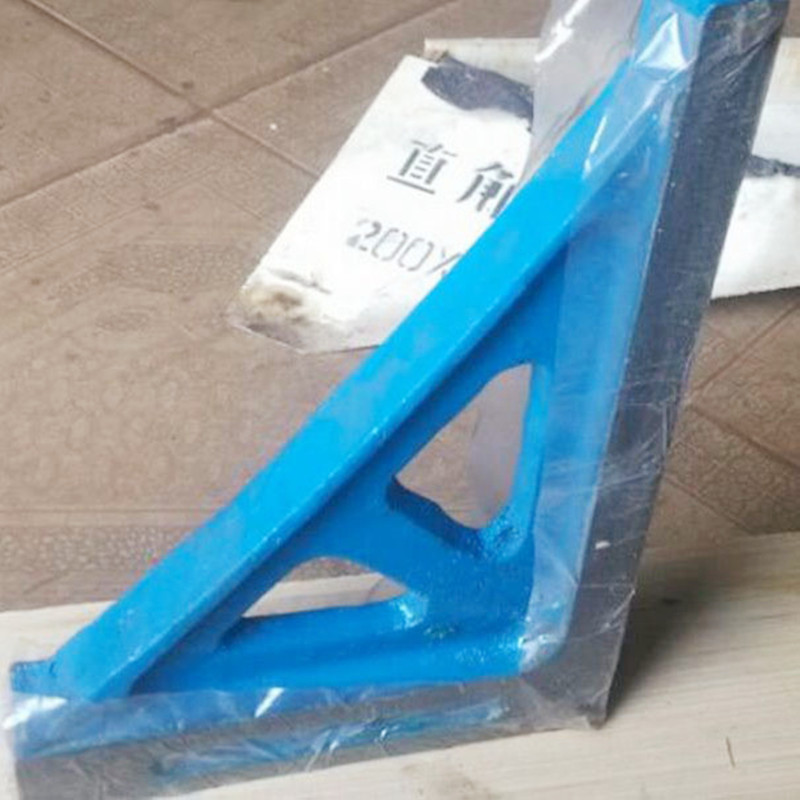Қар . 23, 2024 09:50 Back to list
piston check valve
Understanding Piston Check Valves Design, Function, and Applications
Piston check valves are crucial components in fluid control systems, serving as one-way valves that prevent backflow and ensure proper fluid flow direction. Employed in various industrial applications, these valves utilize a piston mechanism to achieve reliable operation.
Design and Mechanism
The design of a piston check valve primarily consists of a housing, a piston, and a seat. When fluid flows in the intended direction, it moves the piston, allowing the valve to open. The piston is typically spring-loaded, ensuring it returns to the closed position when flow ceases or reverses. This unique design minimizes the chances of leakage and enhances the valve's response time, making it ideal for high-pressure applications.
The materials used in the construction of piston check valves also play a vital role in their performance and longevity. Common materials include brass, stainless steel, and plastic, which offer varying degrees of corrosion resistance and structural integrity. The choice of material often depends on the nature of the fluid being controlled and the environmental conditions the valve will face.
Advantages of Piston Check Valves
One significant advantage of piston check valves is their ability to handle high flow rates without generating excessive turbulence or pressure drops. This characteristic is essential in systems where maintaining pressure and flow consistency is crucial. Additionally, the piston mechanism allows for quick response times, making these valves suitable for dynamic applications like hydraulic systems.
piston check valve

Another benefit is the compact design of piston check valves, which allows them to be installed in space-restricted areas without compromising functionality. Compared to traditional swing check valves, piston check valves offer a more direct flow path and can be oriented in either horizontal or vertical configurations, enhancing their versatility in various systems.
Applications
Piston check valves are ubiquitous in numerous industries, including oil and gas, water treatment, and manufacturing. In the oil and gas sector, they prevent backflow in pipelines, ensuring the safe transport of crude oil and natural gas. In water treatment plants, these valves help manage the direction of water flow, protecting against contamination and preserving system integrity.
In manufacturing, piston check valves are critical in hydraulic systems. They ensure that the hydraulic fluid flows efficiently, allowing machinery to operate smoothly without unexpected interruptions. Their reliability and robustness make them a preferred choice for many engineers and system designers.
Conclusion
In conclusion, piston check valves are essential components in a wide range of applications that require efficient and reliable fluid control. Their innovative design, coupled with the ability to handle high flow rates and pressures, makes them indispensable in many industrial processes. As technology advances, the development of piston check valves continues to evolve, promising even greater efficiency and reliability for future applications. Understanding their design and functionality is crucial for engineers and technicians aiming to optimize fluid system performance.
-
Thread Micrometer Set FeaturesNewsJul.04,2025
-
Right Angle Ruler Tool for WoodworkingNewsJul.04,2025
-
Precision Frame Level Calibration StepsNewsJul.04,2025
-
Magnetic Vee Block MaterialsNewsJul.04,2025
-
Heavy Duty Ground Anchors in MiningNewsJul.04,2025
-
Features of Welding Table Cast IronNewsJul.04,2025
Related PRODUCTS









